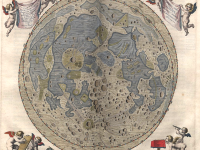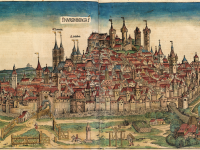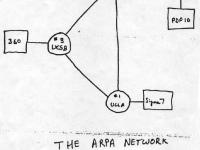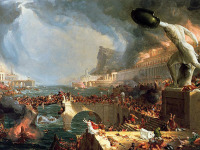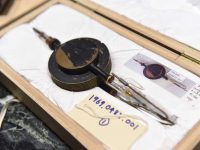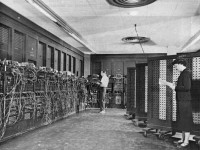Harriet Quimby – the First Woman to Fly Across the English Channel
On April 16, 1912, Harriet Quimby became the first woman to fly across the English Channel. She was the the first woman to gain a pilot’s license in the United States. Although Quimby lived only to the age of thirty-seven, she had a major influence upon the role of women in aviation. Harriet Quimby Background Harriet Quimby was born into a farmer’s family in Michigan and moved to San Francisco in order…
Read more


